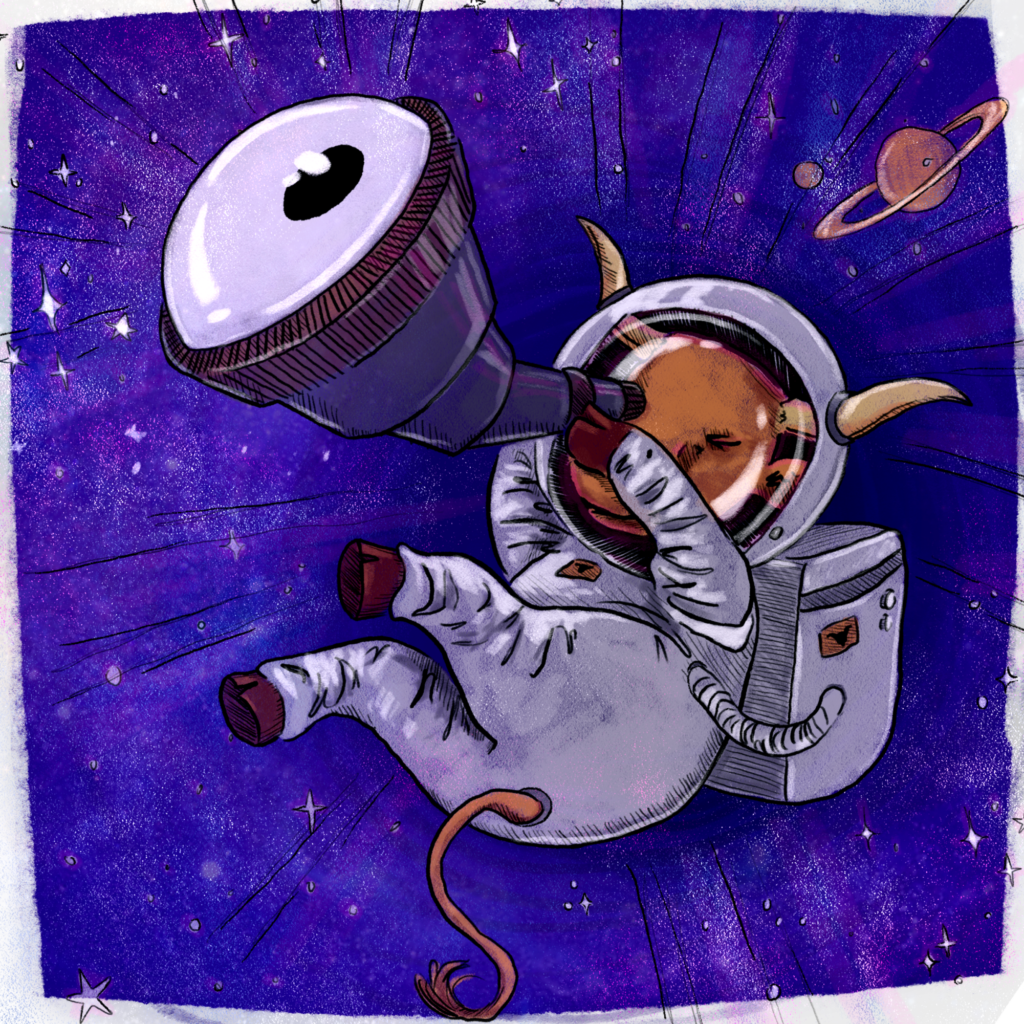Starting Oct. 1, UT’s new science lab will use artificial intelligence to study unanswered questions about the formation of the universe.
The institute, called CosmicAI, will employ university faculty with experience in astronomy, computer science, and linguistics to develop AI tools to answer questions related to the origin of life, according to a press release. The institute will receive $20 million over five years to advance scientific and mathematical research, half of which will come from the National Science Foundation and the remainder from the Simons Foundation.
Stella Offner, director of the CosmicAI Institute, said members will develop their own AI tools to assist with data collection, analysis and astronomical calculations.
“The reason I formed this team and applied for this position is because I’m really interested in AI and machine learning in astronomy,” said Offner, an associate professor of astronomy. “This was the first time NSF had called for an AI research lab focused on astronomy, so it was a really great opportunity.”
Arya Farahi, AI research group leader at the CosmicAI Institute, said he and his team are studying dark matter, which is difficult to detect in galaxies. He said the research involved large amounts of data and required AI.
“The amount of data we are generating in simulations is beyond the capabilities of individual researchers,” said Farahi, assistant professor of statistics and data science. “This goes beyond even individual analytical tools (which look at all the data and try to discover the most exciting hidden nuances).”
Offner said that apart from faculty research, the CosmicAI Institute will eventually offer research opportunities for undergraduate and graduate students in coding and data science techniques.
Offner said the goal is to make the team’s AI tools publicly available within two to three years. Some of the data and tools will be made available on GitHub, a platform for astronomers to share code.
“I’m really excited to be working with this great team of truly knowledgeable and dedicated professionals,” said Offner. “They’re interdisciplinary, so it’s really interesting for everyone to talk and collaborate. I’m excited about all the great things we can accomplish going forward.”

